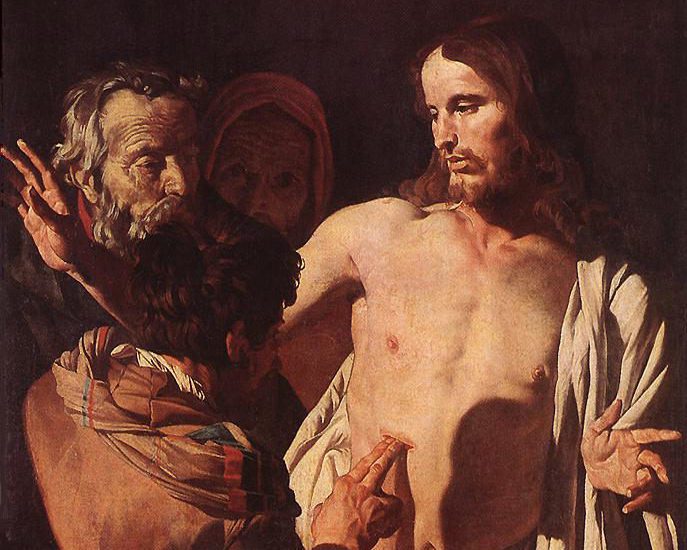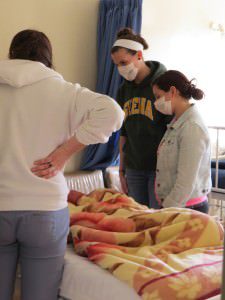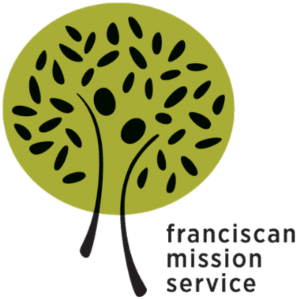Maybe We Need To Be A Little More Like Thomas

 |
| “The Incredulity of Thomas” by Matthias Stom, public domain |
St. Thomas the Apostle gets a bad rap for doubting Jesus’ resurrection by saying, “Unless I see the mark of the nails in his hands and put my finger into the nailmarks and put my hand into his side, I will not believe.”
But before we throw any stones, we need to give Thomas some credit for a few things.
The first is to acknowledge that Thomas was not with the other apostles right after the resurrection. As Fr. John Anglin, OFM, mused, “Perhaps the reason for Thomas’ doubt is that he was apart from the community when Jesus first appeared. It is hard to walk alone in Faith.”
It is hard. That is why community is an important piece of the Franciscan way of life. That’s why the apostles went throughout the world in pairs to preach the Gospel. That’s why our missioners and volunteers live in intentional community and are encouraged to build support systems. Just yesterday one of our missioners in Bolivia blogged about the different communities she has that encourage her in her mission.
Whether it’s through a parish, a Bible study, a young adult organization, a covenant group, a Christian Base Community, an intentional living situation, or some combination of these, it is important to build around you people who can support you along your life’s journey.
The second thing we need to give Thomas credit for is how the encounter with Christ affected him. When Thomas touched the wounds of Jesus, he didn’t just acknowledge the resurrection, but Jesus’ divinity.
Through Thomas’ experience, Jesus tells us that the path to encountering Him is to find His wounds said Pope Francis in his homily today:
“We find Jesus’ wounds in carrying out works of mercy, giving to our body – the body – the soul too, but – I stress – the body of your wounded brother, because he is hungry, because he is thirsty, because he is naked because it is humiliated, because he is a slave, because he’s in jail because he is in the hospital.
Those are the wounds of Jesus today.
And Jesus asks us to take a leap of faith, towards Him, but through these His wounds. ‘Oh, great! Let’s set up a foundation to help everyone and do so many good things to help’. That’s important, but if we remain on this level, we will only be philanthropic.
We need to touch the wounds of Jesus, we must caress the wounds of Jesus, we need to bind the wounds of Jesus with tenderness, we have to kiss the wounds of Jesus, and this literally.
Just think of what happened to St. Francis, when he embraced the leper? The same thing that happened to Thomas: his life changed. ”
So let’s be a little bit more like Thomas and go touch Jesus’ wounds in the world today. “All we have to do is go out onto the street,” said Pope Francis.
 |
|
| Short-Term Mission and Global Awareness Trip participants visiting a patient in South Africa |
You don’t have to look far: You can find these wounds in your own neighborhoods and families. To help you understand that these wounds are universal and can manifest in poverty and oppression, you might consider a Short-Term Mission and Global Awareness Trip to South Africa, Kenya or Washington, D.C.
Or if you’re really ready to “kiss the wounds of Jesus,” then discern long-term overseas mission with us. After 13 weeks of training, our lay missioners spend two to six years helping the body of Christ heal itself in Africa, Latin America and the Caribbean as nurses, teachers, pastoral ministers, caregivers, gardeners, and friends.
So today, instead of ragging on Thomas for being a doubter, in the words of Pope Francis, “Let us ask St. Thomas for the grace to have the courage to enter into the wounds of Jesus with tenderness and thus we will certainly have the grace to worship the living God.”
Tagged in:

